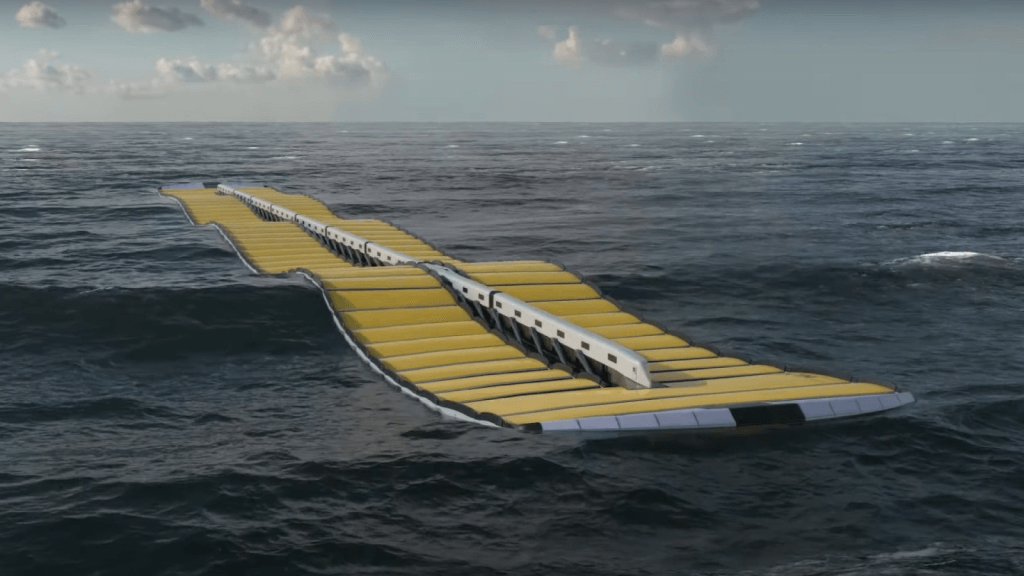As the world seeks sustainable energy solutions amidst climate change and dwindling fossil fuels, wave power emerges as a promising contender. Harnessing the ocean's wave energy, this renewable source has significant potential to contribute to the global energy mix and support sustainable development.
Wave power captures energy from ocean waves and converts it into electricity. With an estimated global potential of around 2 terawatts, wave energy could significantly exceed current global electricity consumption. Coastal nations like the UK, Australia, and the US stand to benefit greatly from this abundant resource.
Advantages of Wave Power
- Consistency and Predictability: Wave energy is more consistent and predictable than solar or wind, providing a reliable power source.
- High Energy Density: Wave energy is highly efficient, producing substantial electricity even at smaller scales.
- Minimal Land Use: Offshore installations reduce land competition and visual impact.
- Complementary to Other Renewables: Wave power can enhance the stability of renewable energy grids, especially in coastal areas.
Aligning with Sustainable Development Goals
Wave power supports several UN Sustainable Development Goals (SDGs):
- Affordable and Clean Energy (SDG 7): Provides a sustainable energy source.
- Industry, Innovation, and Infrastructure (SDG 9): Promotes innovation and infrastructure development.
- Climate Action (SDG 13): Reduces greenhouse gas emissions.
- Life Below Water (SDG 14): Designed to minimize marine environmental impact.

